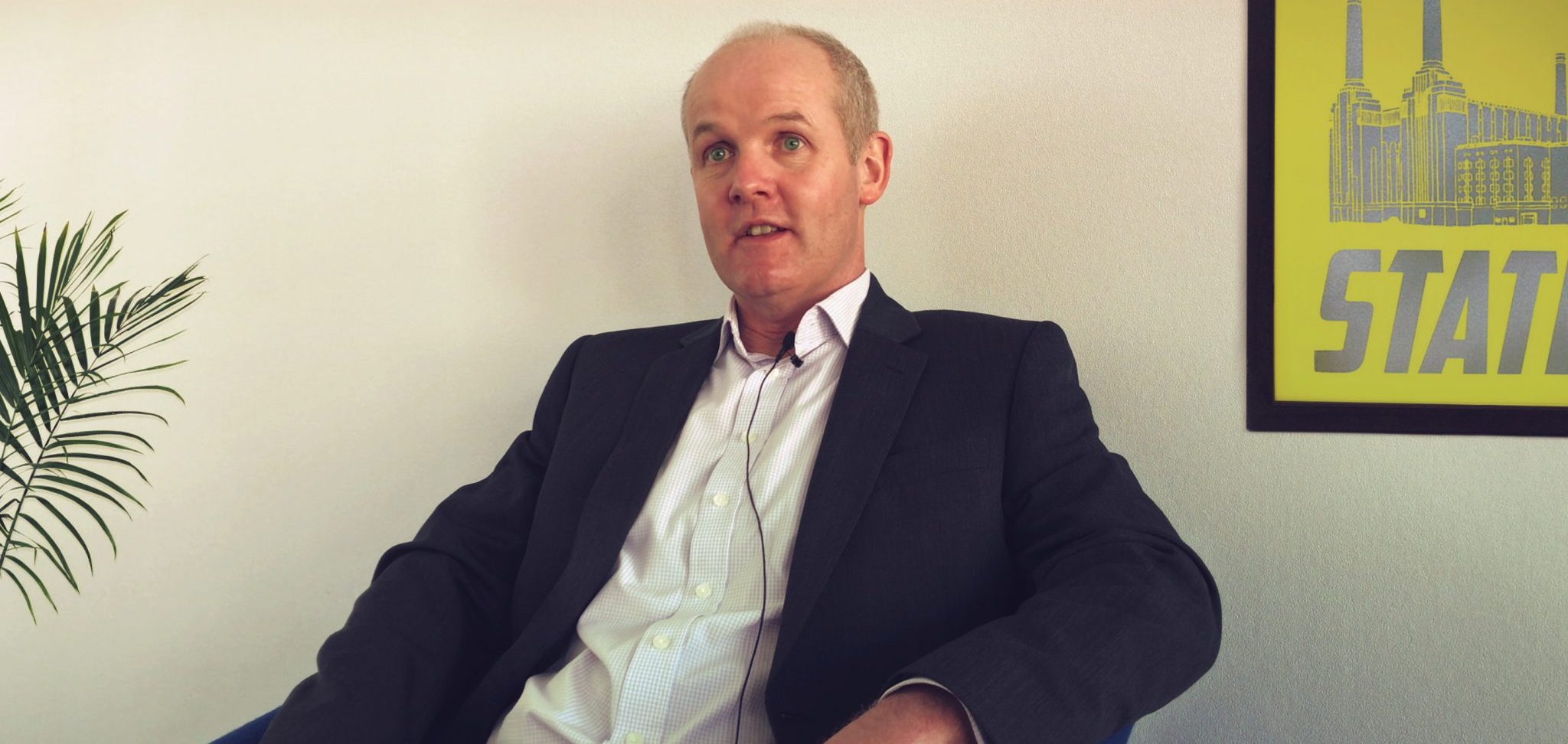
In his films, Jeremy discusses what happened when he had his cardiac arrest and how strange it is to have no memory of events. He talks about the importance, to him, of trying to find out who had helped him so that he could let them know that he had survived. Prior to his OHCA, Jeremy was very fit and active and he questions why someone as fit and active as him should have had a cardiac arrest.
He shares his experience of being in hospital and what it felt like when he was initially discharged. His OHCA has impacted greatly on his everyday life with his family and Jeremy reflects on this. Since having his OHCA, he has found peer support very helpful and he now offers support to others who have found themselves in the same situation, as well being very involved in CPR training.
In this film, Jeremy recounts what happened the day he had his OHCA. He was a very fit person and was out on a routine 10 mile run, when he suddenly collapsed. It was totally unexpected, as he had no history of heart problems. He has no memory of what happened that day but has been told that a couple who happened to be driving by stopped to help. They phoned the emergency services and delivered call-assisted CPR until an ambulance arrived. Jeremy’s heart had stopped and he had to be shocked to start it beating again. As he had collapsed in a public place, nobody knew who Jeremy was. Once the ambulance left to take him to hospital, those who saw and helped at his cardiac arrest had no idea whether or not he had survived.
Jeremy reflects on his time in hospital and what caused his OHCA. He felt very safe in the hospital. He had an implantable cardioverter defibrillator (ICD) fitted and was discharged home after a week. At the time, he still had problems with his memory and he felt it very strange to think that he had suffered a cardiac arrest. Jeremy feels that it is important for him to know that he did not have a heart attack and that it was not his lifestyle that caused the OHCA. At the same time, he initially found it very frustrating that he had a cardiac arrest and questioned why this had happened when he had always kept healthy and looked after his body. Jeremy recognises how lucky he was that he was successfully resuscitated.
In this film, Jeremy talks about the impact his OHCA has had on his life and family. He feels that his family have been brought closer together by what happened. His wife and family have been very supportive and he is thankful for what they have done. This was a major event for the family and, for a time after the OHCA happened, they became protective of Jeremy and worried about him. This passed, with time. At work, Jeremy found that his priorities had changed and things did not seem as important as before. He was initially afraid of going out alone in case he had an OHCA while there was nobody around. Although he was told that he could exercise again, Jeremy was psychologically unable to return to running.
Jeremy discusses the importance of sharing with others. He explains how important he felt it was to talk with his family and friends about his OHCA. Jeremy also thinks it is valuable to share his experiences with others who may be going through the same thing. He is sometimes called on to speak to someone who has had an ICD fitted, to let them know what to expect and how living with a device has been for him. Jeremy is now trained to teach CPR and regularly shares his knowledge with others at various training events in schools and in leisure centres.
Jeremy has two main pieces of advice for anybody living life after an OHCA. The first is not to stop doing things and to try to resume living as normally as possible. He considers exercising to be especially important. The other piece of advice is to go along to peer support groups, if available, to talk to others who have been through a similar experience.
Defibrillators
Implantable Cardioverter Defibrillators
Cardiac Rehabilitation
Diet
Practical
Exercise
Peer Support
A number of regional cardiac peer support groups are available in Scotland. Information on these can be obtained from the Chest Heart & Stroke Advice Line Nurses:
Please answer each of the following questions. All results are completely anonymous and used for quality assurance purposes only.